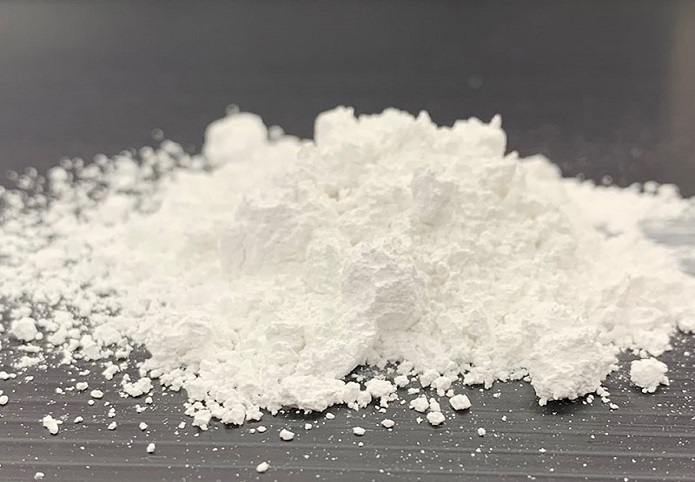Introduction:
When it comes to enhancing the performance of plastics, talc powder emerges as a versatile and valuable additive. It finds applications in various plastic types, adding a range of benefits that help meet specific performance requirements. In this blog post, we'll explore whether talc can be used in all types of plastics and delve into its contributions to the plastic industry.
Talc in Plastics: A Versatile Additive
Talc powder plays a crucial role in improving the properties of plastic materials. Its versatility arises from its ability to enhance both the mechanical and aesthetic aspects of plastics. Here are some key points to consider:
1. Enhancing Mechanical Properties
Talc powder is particularly valued for its ability to enhance the mechanical properties of plastics. It can make plastics stiffer, increase their impact resistance, and improve dimensional stability. This makes it a valuable additive for applications where strength and durability are paramount.
2. Improving Surface Finish
Apart from bolstering mechanical properties, talc can significantly enhance the surface finish of plastic products. It reduces surface defects and irregularities, leading to smoother, more aesthetically pleasing surfaces. Depending on the concentration used, talc can impart a matte or satin appearance to the final product.
3. Compatibility with Various Plastic Types
One of the standout qualities of talc is its compatibility with a wide range of plastic materials. Whether you're working with polypropylene (PP), polyethylene (PE), polyvinyl chloride (PVC), or other plastic types, talc can be effectively incorporated into the formulation. However, the specific impact and optimal loading may vary depending on the polymer in use.
4. Incorporation Methods
Talc can be seamlessly integrated into plastic formulations through various methods. It can be introduced during compounding, either through dry blending or melt compounding, depending on the processing conditions and the specific plastic being used.
Factors to Consider in Talc-Plastic Combinations
When considering the use of Talc powder for plastics, several factors should be taken into account to achieve the desired results:
1. Polymer Type:
Different plastics have varying compatibility with talc, and the optimal loading level may differ. It's essential to understand how talc interacts with the specific polymer in your application.
2. Processing Conditions:
The choice of talc grade and loading level should align with the specific performance requirements of the final plastic product. Factors such as stiffness, impact resistance, and surface finish must be considered.
3. Regulatory Compliance:
In applications involving food-contact or medical-grade plastics, it's critical to use talc products that meet stringent regulatory standards and guidelines to ensure safety and compliance.
Talc vs. Other Fillers
Talc is not the only filler used in plastics; others like calcium carbonate and glass fibers are also common choices. Each filler offers distinct advantages and may be better suited to specific applications:
Talc vs. Calcium Carbonate: While both talc and calcium carbonate can enhance stiffness and dimensional stability, talc has the added advantage of improving impact resistance. It also offers superior surface finish compared to calcium carbonate.
Talc vs. Glass Fibers: Glass fibers are known for their exceptional strength and reinforcement properties, making them suitable for high-performance applications. However, they can be more abrasive and costly than talc.
Conclusion
In conclusion, talc powder from Ashirwad Minerals is a versatile and valuable additive in the world of plastics. Its ability to enhance mechanical properties, improve surface finish, and compatibility with various plastic types make it an essential component in numerous applications. Whether you're producing everyday consumer goods or high-performance industrial components, talc can play a pivotal role in meeting your specific performance requirements. With proper selection and integration, talc powder can elevate the performance and aesthetics of plastic products, making it a preferred choice for many in the plastics industry.


